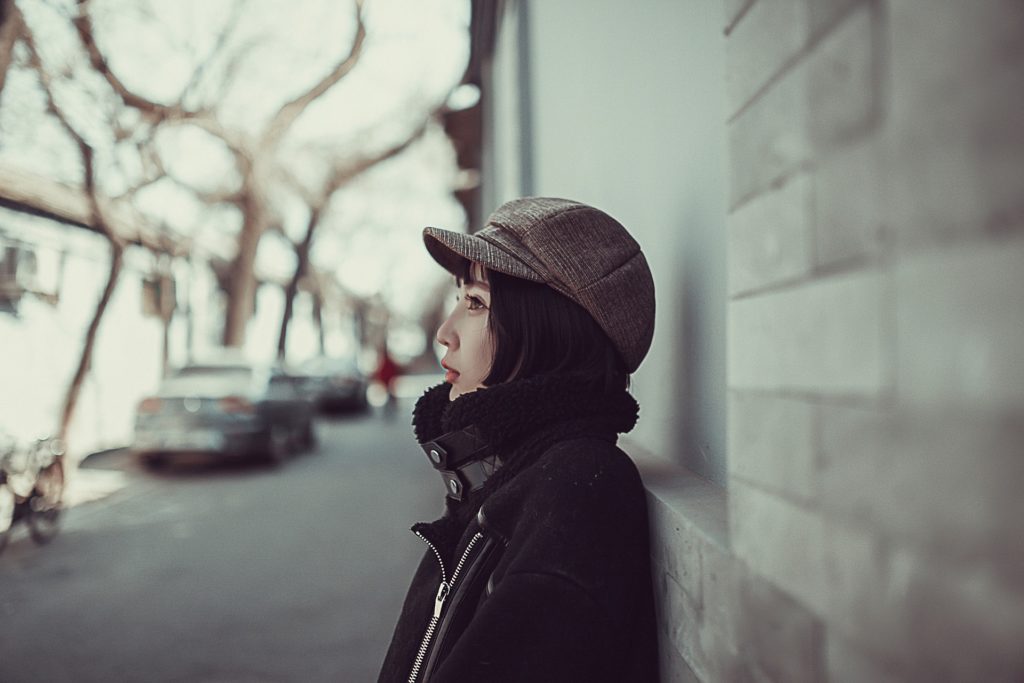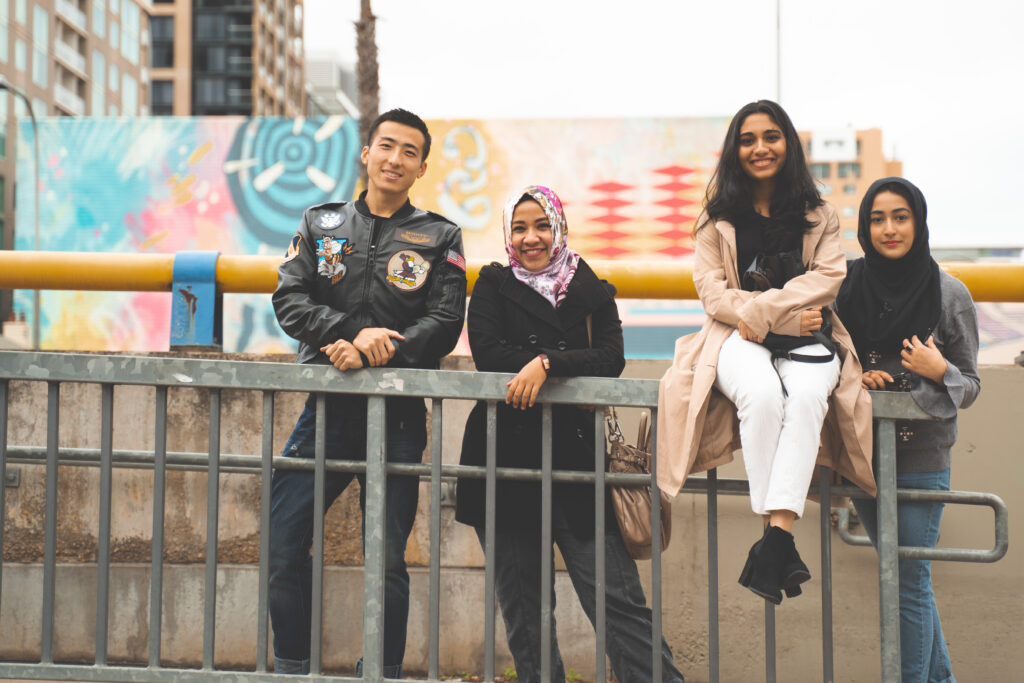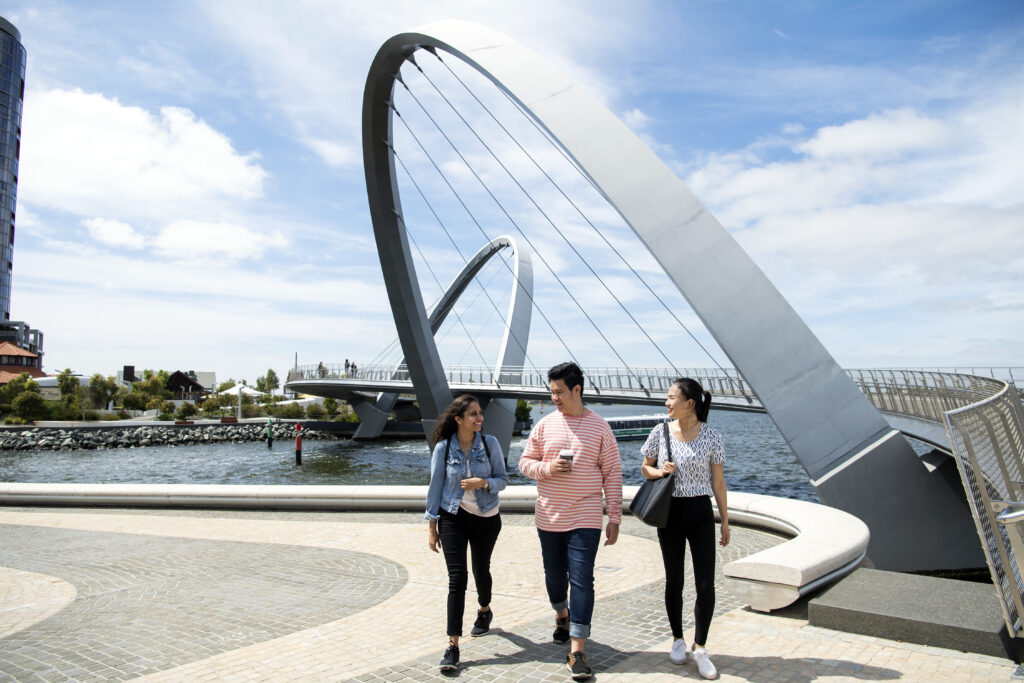In early 2016, the Sydney Morning Herald published an article titled Isolated Chinese Students Need a Warmer Welcome. It writes about a phenomenon that we tend to be all too familiar with. Chinese students exclusively interacting with Chinese students and a perceived reluctance to engage with local communities. The article states that it’s a missed opportunity for both Chinese and Australian students to learn from each other and to build beneficial relationships.
The article provides solutions, encouraging the use of home-stays and pairing students up with Australian families as well as increasing the availability of internships for international students that are university-led but government incentivised. All this sounds very ideal, but also potentially difficult and expensive to implement. We have a few stories for you of not just Chinese, but other international students who live here in Australia and how they struggle to make their own place within the Australian community.
Meet Stacy.
She’s an international student from mainland China and has been in Australia for about five years now, completing her high school in Queensland and moving to Melbourne to pursue a degree in psychology.
Stacy: When I tried to get a housemate in Melbourne this year, I found it so difficult to actually get any responses back after the house inspection. I wrote this really impressive description about me on Flatmates.com.au
Flatmates here refers to an accommodation website in Australia that allows the screening of potential flatmates or to advertise shared accommodations.
Stacy: These people would really like me and they really want me to be their housemate, but at the end of the day, were like, “We really appreciate your time and really appreciate your interest, but unfortunately, I have offered the room to someone else.” There was a time when I really wanted to ask “why?”, but I feel that’s meaningless to do that because they can just answer a question politely but not really give a genuine answer.
After the house inspections, they just took someone else. Not me. It makes sense if just two or three times, but that had been happening for the past few days every day, and that’s really upsetting to international students. It’s funny how the responses I got from people are all international people. Either from the states or from New Zealand, from China, or from Philippine, but never from Australia.
Do you think that this can be attributed to a cultural difference between you and the local students?
Stacy: No. Honestly, I don’t really think my culture’s that different from all the culture here. I’ve been here for over five years. I didn’t really grow up here, but I spent a lot of years in Queensland. The year I came to Queensland I was only 16 or 17. I was not even an adult yet, so I formed a part of my personality in Australia. I definitely don’t think there’s such a culture shock for me and not really for other Asian people either. If there are some differences, it must be because of the language. You tell me a joke and I don’t understand. What I’m saying is the difference is more created by their thoughts. You know what I mean? There are some differences, but I think it’s more about individual differences, not really about the culture.
Those interactions that you do have now on a daily basis with your Australian friends, do you find that to be very different from interacting with acquaintances or friends that you have back at home in China?
Stacy: Yes and no. Yes because I found it really hard to actually make any friends ever since I came to Melbourne. Not really because my skin or because of language, but more because I just don’t really think we had the opportunity to talk that kind of deep talk anymore because here.
In high school, you get to see these people every day in a particular class, but at uni that’s completely different. I think you just basically have small talk with people, and that’s really hard to build on the real friendship.
What aspects of this difficulty to integrate yourself into a local community do you find are the most challenging to your day to day life?
Stacy: I think me being Chinese is definitely the hardest thing for me. It’s funny how it’s not really my language, not really my personality, but I’m not white, so the accommodation question we’ve been just talking about is … You never know where the problem happened but somehow it just stopped you from the process. For example, finding a job. Chinese people definitely don’t put their Chinese name on their resume, and that’s because they don’t want to be recognised. They want to be treated equally. What I’m saying is language is not really the most difficult part, but my background.
Lastly, why do you think it is beneficial that the local students interact with international students and that vice versa as well?
Stacy: To me, interacting with local people here really helped me have a better personality. That is something I’m really happy about. I recommend interacting with some people from other cultures that you don’t know, and definitely explore your understanding about this world and about other people, about all different kind of personalities as well to really help you to be a better person.
Meet Yuzuha, a journalism student on exchange from Tokyo University who has been residing in Melbourne for about three years now.
Yuzuha: I found it difficult to hear back from locals especially. International students or those people who hosting international students, they would literally get back to me so quick, but I found that not many locals would get back to me, and I wondered if it’s because my name is obviously Japanese. If I had a name like Emily or Rachel, that kind of thing, would they be getting back to me more frequently?
How do you find your friend group here? Do you find that you interact a lot with locals?
Yuzuha: Yeah, I would prefer to hang out with the locals. I try mostly to hang out with the local friends, but I think if you just go to uni and sit in the lecture or tutorial, I sometimes find that there is a divide between the international students and local students, so I try to get myself into … Because if I go to a group of international students in one table, I am going to be enhancing that divide, so I try to put myself in a local circle, but yeah, I feel the divide. I feel that way, but at the same time local people are lovely and there is a stigma for both us and locals. Locals assume that international students won’t accept the locals, and international students assume that locals won’t accept them.
That notion they have, so they will feel not inclined to put themselves into the community, but if you put yourself out there … I don’t really think that in a human, personal level they don’t really discriminate that much. If they going to be a group of international students, a group of local students, that’s going to just cause a divide. Yeah.





